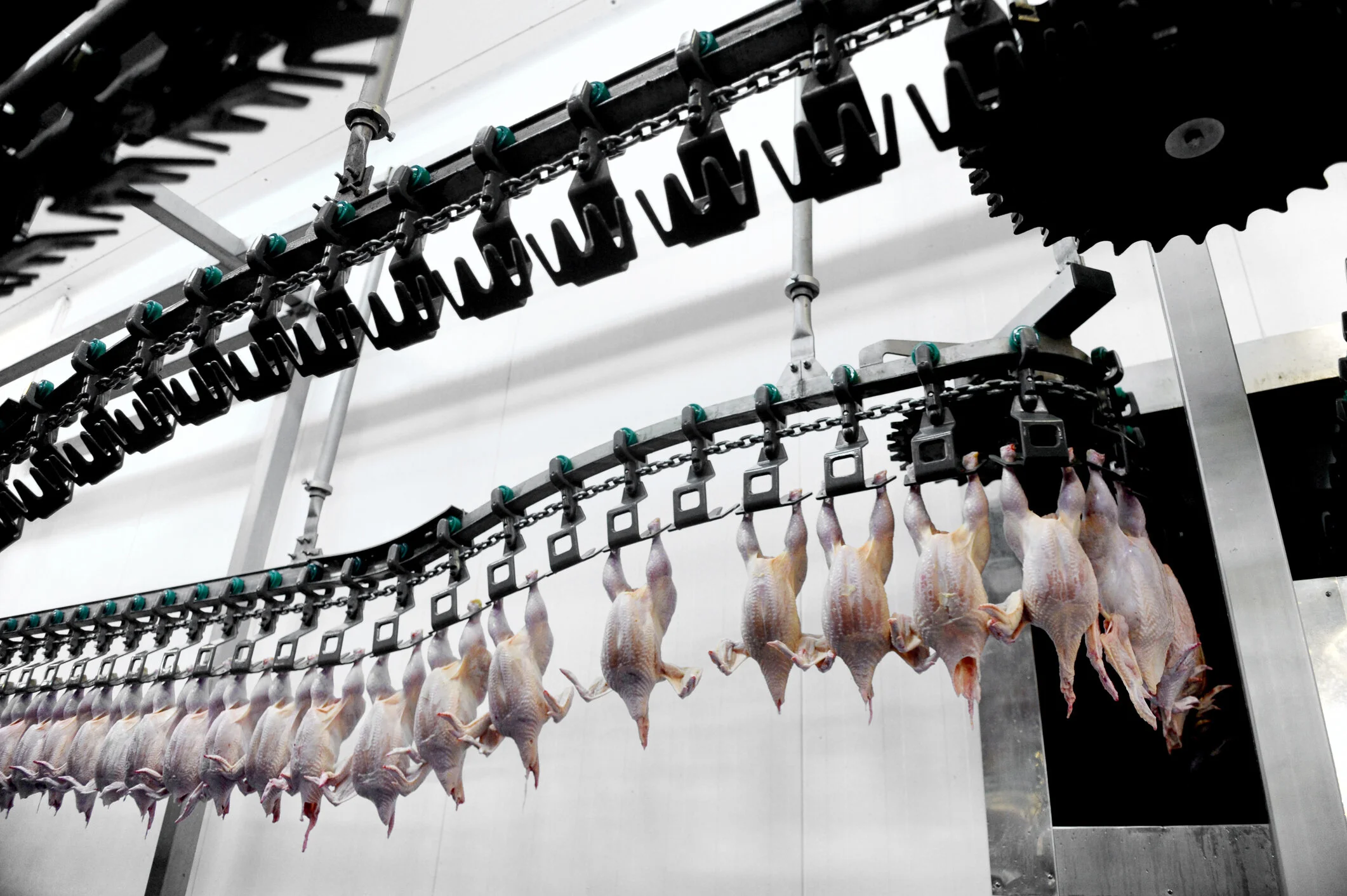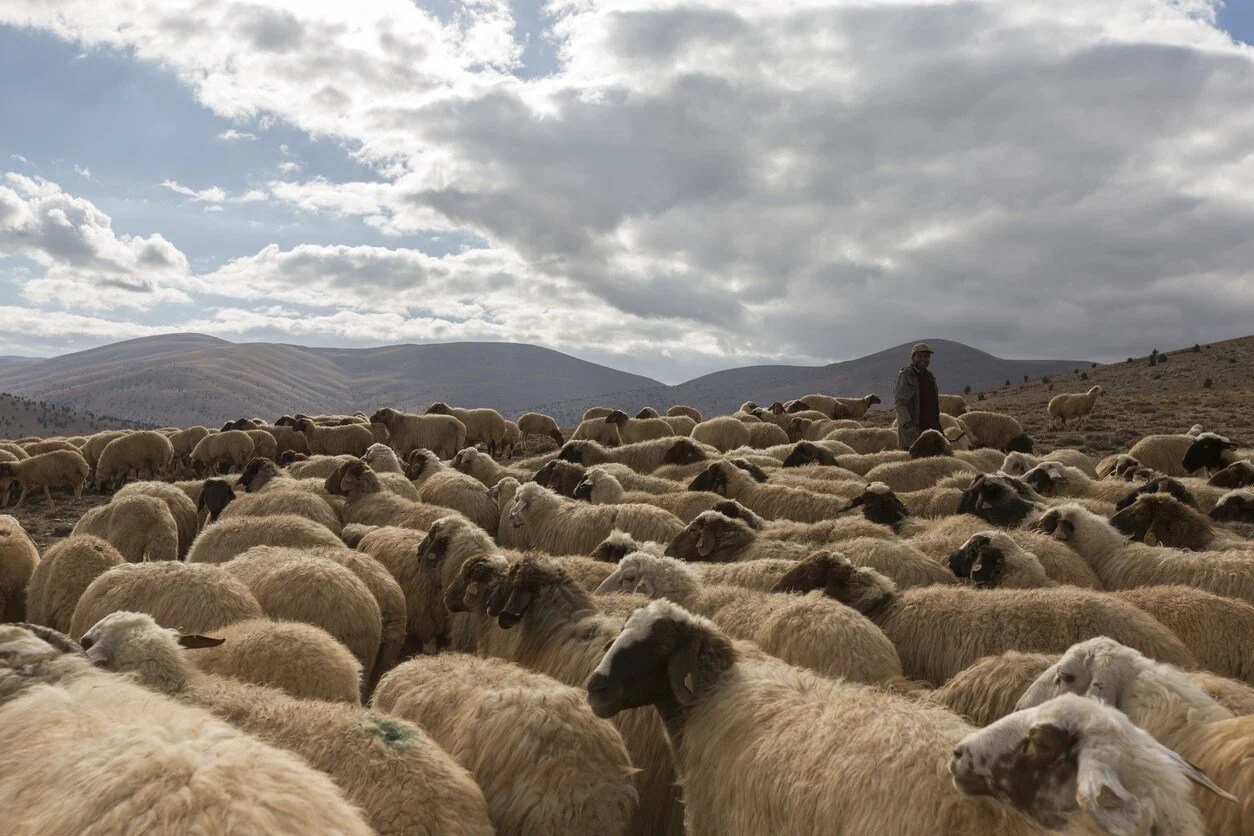One in six U.S. food service workers and one in five agriculture industry workers have signed a noncompete agreement. Banning these contracts could raise wages and entrepreneurship.
Read MoreAntitrust enforcers made merging milk monopolists divest plants to preserve regional competition. Now those plants are closing.
Read MoreViolating labor laws could be considered an unfair method of competition. The FTC has the power to clarify.
Read MoreMeatpacking plants have become national hot spots for the novel coronavirus.
Read MoreCOVID-19 has upended America’s food supply. With the loss of big buyers in restaurants and school districts, farmers without a place to sell their foods are dumping milk, tilling crops back into the ground, and euthanizing egg-laying hens.
Read MoreWhile the country grapples with the COVID-19 crisis, USDA food safety officials have been making decisions that could further sicken Americans and threaten frontline food workers.
Read MoreOn Monday, a coalition of students, farmers, ranchers, fishers, and food workers rallied outside the Philadelphia headquarters of cafeteria operator, Aramark, to demand the corporation invest in more just and sustainable food systems. About 60 demonstrators then delivered a petition to Aramark with over 100,000 signatures, according to the Community Coalition for Real Meals, which organized the protest.
Read MoreLast week, nearly 500 cattle producers from 14 states rallied in Omaha, Nebraska to denounce corporate control over cattle markets and to demand that the Trump administration do something to fix it.
Read MoreIn 2015, a group of Peruvian shepherds working for sheep ranchers in the western U.S. filed an antitrust suit alleging that the ranchers had colluded to hold down wages and avoid competing for labor. A judge initially dismissed the case and a three-judge panel on the Tenth Circuit agreed this July. On Tuesday, the plaintiffs petitioned for another chance at their day in court. (The Open Markets Institute plans to file an amicus brief in support of their petition.)
Read MoreLast week, the Governor of Maine signed a law granting loggers and haulers the right to bargain collectively with forest owners and sawmills. Previously, loggers and haulers have had difficulty striking better contract terms with timber buyers because antitrust laws against price fixing prohibit independent contractors from coordinating.
Read MoreLate last month, the Trump administration cleared the way for chicken plants to increase their processing line speeds from 140 birds per minute to 175 birds per minute. The change deals a blow to workers and reverses the efforts of labor and animal welfare advocates, who fought to halt poultry line speed increases in 2014. It also indicates the administration will likely soon remove line speed limits in hog slaughter and lower workplace injury reporting requirements throughout all sectors of the economy.
Read MoreFarmers, workers, and consumers alike may soon feel the effects of further consolidation in the already concentrated industry of grocery retail. On July 22, the Federal Trade Commission approved the latest in a long series of supermarket mergers, further concentrating control over U.S. food markets in the hands of a few giant corporations.
Read More












